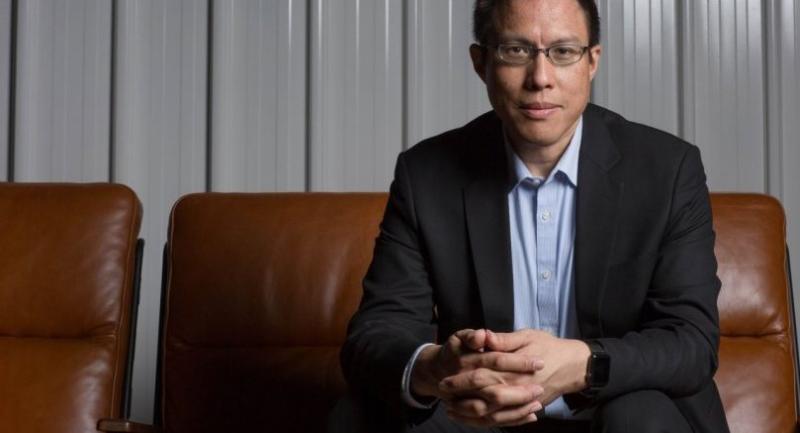Financial inclusion is in your hands

SRI OWNS a tiny noodle shop outside of Bangkok. On a good day, she can earn a substantial sum from selling her Michelin-worthy noodle recipes. About one-third of what she earns each day goes into buying ingredients.
Life was good for Sri until she fell ill for a few days. After recovering, Sri found herself short of the cash needed to reopen the shop. Due to a lack of credit and only needing a small sum, Sri couldn't go to a bank, and so turned to a loan shark. What happened next was the kind of story we all know but, perhaps, never really care enough about - high interest rate and debt collection methods that border violations of human rights.
Fintech refers to tech companies that use new technologies to offer new and more user-friendly forms of financial services. The Millennial Disruption Index - a survey done by Viacom Media Network in 2013 - showed that more than 70 per cent of the millennials believed financial innovation would come from outside the industry, and were more excited about new financial service offerings from Google, Amazon, or Paypal than from the banks. The index showed that Fintech was popular among the younger generations back when it was started.
However, there have been rapid shifts in the domination of financial technology by the tech companies in recent years. Most commercial banks, including those in Thailand, now have a division focusing on fintech and financial innovation to come up with new financial products and services that leverage the same cutting-edge technologies, such as mobile computing, machine learning and blockchain, to compete with the tech competitors. Some banks went so far as to create new organisations, outside of the parent organisations, that think and work like a tech company. In doing so, they transformed their situation from being disrupted to becoming a disrupter. A good example of this is Kasikornbank's KBTG.
Aside from offering new innovative financial services to their existing customers, the use of Fintech also allows banks to serve potential |customers - those considered "underbanked" and "unbanked" - who in the past did not have access to financial services due to costs, lack of credit or access. The ability for the banks to serve everyone is known as "financial inclusion." According to the World Bank, around 2 billion people don't use |formal financial services and over 50 per cent of adults in the poorest households are unbanked.
Financial inclusion is a key enabler to reducing poverty and boosting prosperity. The president of the World Bank Group has called for universal financial access, where everyone can have access to financial services, by 2020. A report from Thailand's Ministry of Finance in 2016 shows that 56 per cent of Thais received micro finance from special financial institutions and less than 9 per cent from commercial banks. Clearly, most Thais often turn to non-bank providers for small sums of money.
The K Plus Shop is an example of fintech for financial inclusion from KBank. It is a mobile application designed to be a one-stop solution for micro businesses such as small shops and street vendors. The app is a point of sale, sales tracking, sales reports and PR tool combined into one app that anyone can download and use free of charge on any smartphone - iOS or Android. With K Plus Shop, the vendor can receive QR payment from any customer using K Plus, other mobile banking or e-Wallet applications via the standard QR for PromptPay, as well as from WeChat Pay and Alipay. The vendor can also use the app to create and send out promotions to nearby customers in real time at no cost. The real beauty of K Plus Shop in terms of financial inclusion comes with the use of machine learning to create behaviour-based credit models based on sell information. A variety of new financial services using the app can be offered to the vendors over a period of time. For example, Sri can choose to borrow Bt2,000 and return it in seven days from the app with instant approval. As a lifelong practitioner in |information technology, I have never been so |excited by the potential of technology as a means to make a difference. The fact that we now have super computers that are always connected to the Internet in everyone's hand allows business and technologies to really make profound impacts on people's lives. The poorest households are more likely to have access to mobile phones than to toilets or clean water, the World Bank has said. This underlines the significance of mobile technology and its potential in making the world a better place for everyone. We can all make good apps to make the rich richer. But what about making apps that can make life better for those who have always been underserved? Banks are not for charity, you might say. A study done by Accenture and CARE (care.org) found that serving the unbanked is a US$380 billion (nearly Bt12.5 trillion) market opportunity worldwide.
Apirut Vancha-Am is the principal visionary |architect, Kasikorn Business-Technology Group.
